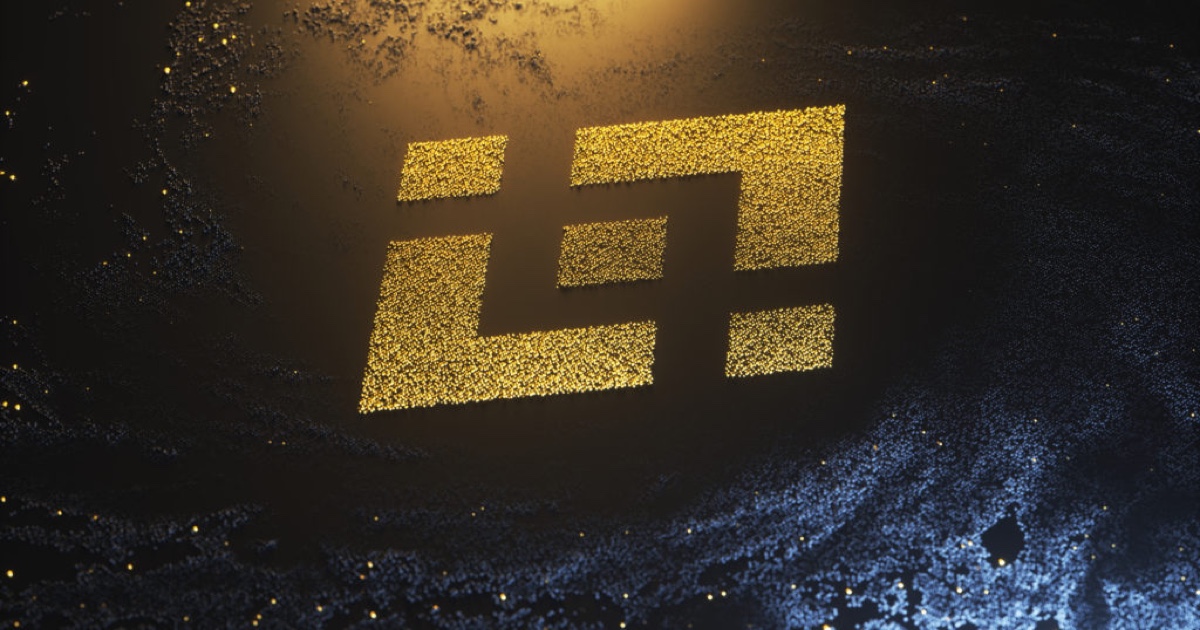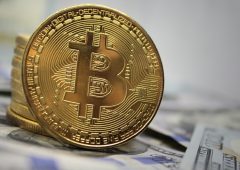BNB Chain Completes Pascal Hardfork for Faster Transactions
20.03.2025 19:00 2 min. read Alexander Stefanov
BNB Chain has rolled out its Pascal Hardfork on March 20, marking a significant step in the blockchain’s evolution.
This update is aimed at enhancing transaction efficiency while also boosting compatibility with the Ethereum Virtual Machine (EVM). At the heart of this upgrade is Ethereum Improvement Proposal (EIP) 7702, which introduces several advanced features.
One of the major upgrades included in Pascal is the addition of smart contract wallets. These wallets temporarily act as smart contracts, allowing for gas-free transactions, batch approvals, and more efficient asset swaps. This enhancement not only streamlines user experience but also offers more flexibility for developers working on decentralized applications (dApps).
In anticipation of the update, BNB Chain has instructed node operators, validators, and exchanges to perform necessary system updates to avoid disruptions. If these updates aren’t applied, nodes may fall out of sync, which could impact the network’s operation. Developers are also advised to ensure that their dApps align with the new transaction protocols introduced by the hardfork.
This upgrade is just one of several on the horizon for BNB Chain. Looking forward, the Lorentz Hardfork, set for April 2025, is expected to bring a major speed improvement by reducing block times to 1.5 seconds. The network’s enhancements will continue with the Maxwell Hardfork in June 2025, which will push block processing times to an impressive 0.75 seconds, offering even faster transaction speeds
-
1
Top 10 blockchains by transaction volume in June 2025
06.07.2025 16:00 2 min. read -
2
German State-Owned Development Bank Issues €100 Million Blockchain Bond
11.07.2025 7:00 2 min. read -
3
Tether Ends Support for Five Blockchains in Infrastructure Shift
12.07.2025 11:30 2 min. read -
4
Cardano and Ethereum Lead in Developer Activity as GitHub Commits Surge
14.07.2025 12:00 1 min. read -
5
BNB Chain Upgrades and Token Delistings Reshape Binance Ecosystem
16.07.2025 22:00 2 min. read
Chainlink Partners With Westpac and Imperium to Tokenize Finance in Australia
Chainlink has announced a major institutional partnership with Westpac Institutional Bank and Imperium Markets as part of Project Acacia—a joint initiative involving the Reserve Bank of Australia and the Digital Finance Cooperative Research Centre (DFCRC).
BNB Chain Upgrades and Token Delistings Reshape Binance Ecosystem
Binance continues to refine its ecosystem in 2025, with major updates spanning performance upgrades, token listings and removals, and new token launches—all reinforcing its focus on scalability and innovation.
Ripple Powers UAE’s First Tokenized Real Estate Project via XRPL
Ripple has taken a major step in expanding its institutional digital asset infrastructure in the Middle East by partnering with Ctrl Alt to support Dubai’s first government-backed real estate tokenization initiative.
Cardano and Ethereum Lead in Developer Activity as GitHub Commits Surge
Recent GitHub data reveals which blockchain ecosystems and individual projects attracted the most developer attention last week—a key signal of long-term project strength.
-
1
Top 10 blockchains by transaction volume in June 2025
06.07.2025 16:00 2 min. read -
2
German State-Owned Development Bank Issues €100 Million Blockchain Bond
11.07.2025 7:00 2 min. read -
3
Tether Ends Support for Five Blockchains in Infrastructure Shift
12.07.2025 11:30 2 min. read -
4
Cardano and Ethereum Lead in Developer Activity as GitHub Commits Surge
14.07.2025 12:00 1 min. read -
5
BNB Chain Upgrades and Token Delistings Reshape Binance Ecosystem
16.07.2025 22:00 2 min. read


